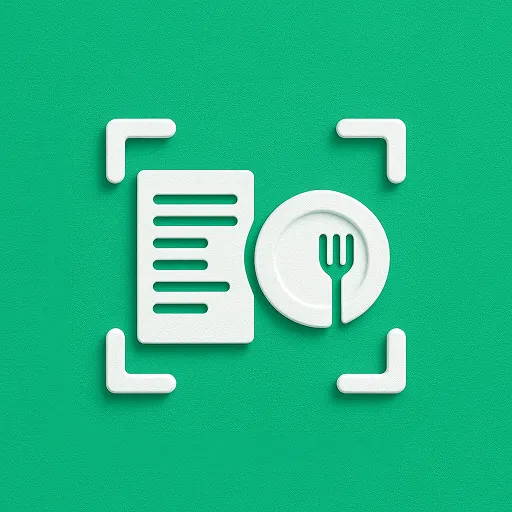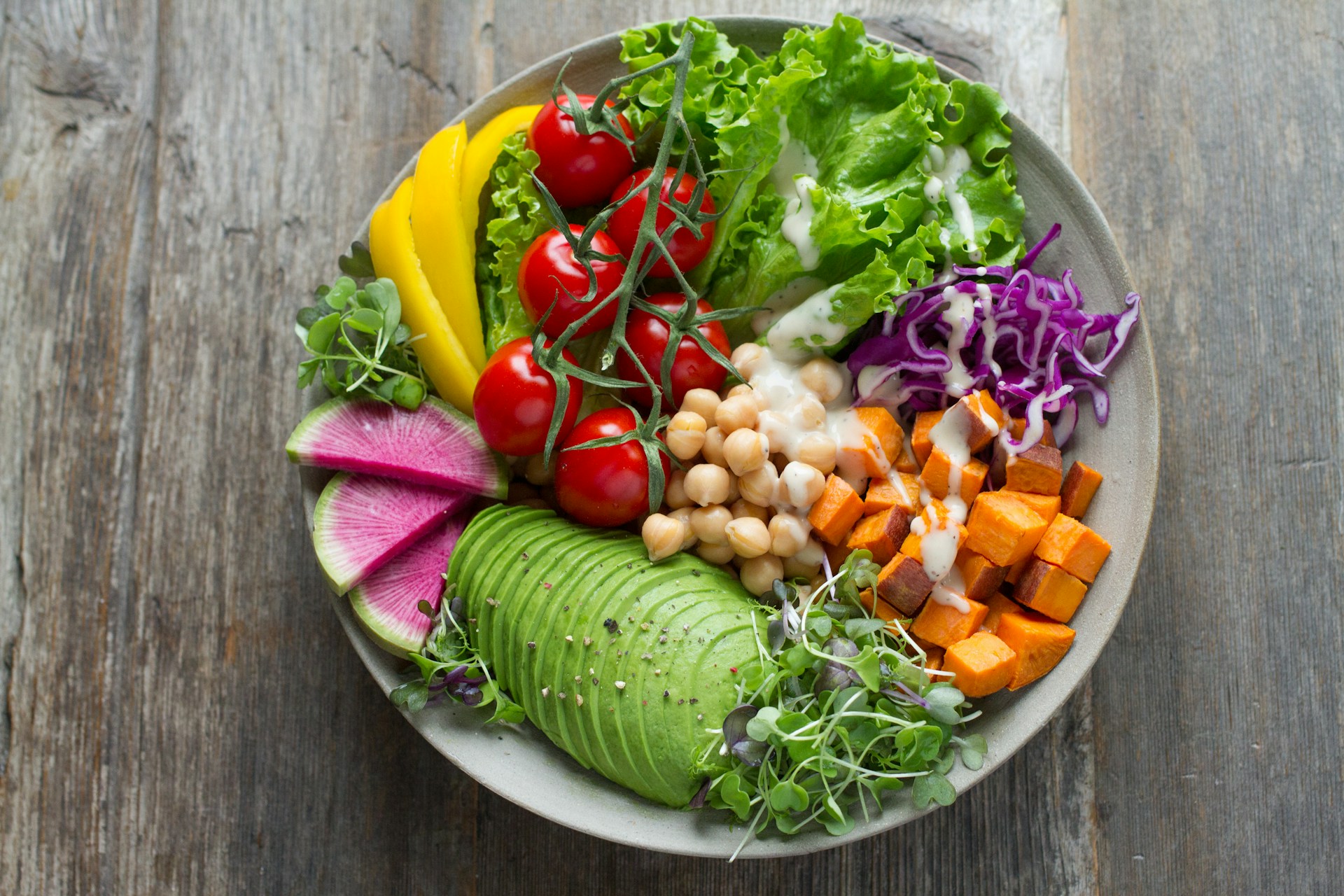Introduction to Plant-Based Lifestyles
Understanding the Rise of Plant-Based Diets
Plant-based living has exploded in popularity in recent years. Whether it’s for health reasons, environmental concerns, or ethical beliefs, millions are ditching meat and animal products. Among the leading choices are vegan and vegetarian diets—but they’re not the same thing. Understanding their key differences can help you choose the best lifestyle for your goals.
Definitions: What Does It Mean to Be Vegan or Vegetarian?
At its core, a vegetarian avoids meat, poultry, and fish but may still consume animal-derived products like dairy and eggs. A vegan, on the other hand, eliminates all animal products—meat, dairy, eggs, and even honey.
Core Dietary Differences
What Vegans Eat vs. What Vegetarians Eat
- Vegans stick to 100% plant-based foods like fruits, vegetables, legumes, grains, nuts, and seeds.
- Vegetarians enjoy a similar diet but may include cheese, yogurt, milk, and eggs.
Dairy and Egg Consumption: The Dividing Line
Dairy and eggs are the main dividing line. While lacto-vegetarians consume dairy (but not eggs), ovo-vegetarians eat eggs (but not dairy). Vegans reject both, often citing animal cruelty and environmental degradation associated with dairy and egg production.
Ethical Motivations Behind Each Diet
Veganism as an Ethical Stance
Veganism is often more than a diet—it’s a lifestyle. Vegans typically avoid not just animal-based foods, but also leather, wool, and cosmetics tested on animals. The motivation is ethical: avoiding harm to animals in all forms.
Vegetarianism as a Dietary Preference
Vegetarianism can be ethically motivated, but for many, it’s primarily a health or cultural choice. The lack of strict guidelines allows more flexibility, making it easier for many to follow.
Environmental Impact
Carbon Footprints of Vegan and Vegetarian Diets
Animal agriculture contributes to significant greenhouse gas emissions. Studies show that vegan diets have the lowest carbon footprint, followed by vegetarian diets.
Sustainability and Resource Use
Producing meat, dairy, and eggs requires more land, water, and feed than plant-based alternatives. Both vegan and vegetarian diets are more sustainable, but veganism edges ahead in overall resource conservation.
Health Benefits and Risks
Nutritional Advantages of Veganism
Vegan diets are typically high in fiber, antioxidants, and healthy fats. They’re linked to lower rates of heart disease, high blood pressure, and certain cancers.
Health Outcomes Linked to Vegetarianism
Vegetarians enjoy many of the same health benefits. The inclusion of eggs and dairy can make it easier to get certain nutrients.
Potential Deficiencies and How to Avoid Them
Nutrients of concern:
- Vitamin B12
- Iron
- Omega-3 fatty acids
- Calcium
Vegans often rely on fortified foods and supplements.
Protein and Nutrient Sources
Plant-Based Proteins for Vegans and Vegetarians
Top protein sources include:
- Lentils
- Chickpeas
- Tofu and tempeh
- Nuts and seeds
- Quinoa
Iron, B12, and Omega-3: Crucial Nutrients to Monitor
- Iron: Beans, spinach, fortified cereals
- B12: Fortified foods or supplements
- Omega-3s: Flaxseeds, chia seeds, algae supplements
Lifestyle and Practical Considerations
Dining Out as a Vegan or Vegetarian
Vegetarians have more options at restaurants. Vegans may need to ask detailed questions about ingredients and cooking methods.
Grocery Shopping and Label Reading
Vegans often check for hidden ingredients like:
- Gelatin
- Casein
- Whey
Transitioning to a Plant-Based Diet
Tips for Going Vegetarian First
- Eliminate red meat first
- Explore egg and dairy substitutes
- Try plant-based recipes
How to Gradually Transition to Veganism
- Start with “Meatless Mondays”
- Use dairy alternatives
- Try apps like HappyCow
Common Myths and Misconceptions
Debunking Vegan Stereotypes
- Myth: Vegans don’t get enough protein
- Truth: Balanced vegan diets meet protein needs
Clarifying Vegetarian Beliefs
- Myth: Vegetarians are “lazy vegans”
- Truth: Vegetarianism is a legitimate, purposeful choice
Popular Variations of Each Diet
Lacto-Vegetarian, Ovo-Vegetarian, and Pescatarian
- Lacto: Dairy but no eggs
- Ovo: Eggs but no dairy
- Pescatarian: Includes fish
Raw Vegan, High-Carb Vegan, and More
- Raw Vegan: Uncooked plant foods only
- High-Carb Vegan: Focuses on carbs like rice and potatoes
Influence on Global Food Culture
Traditional Vegan and Vegetarian Cuisines
- India: Vegetarian curries, lentils
- Ethiopia: Vegan fasting stews
- Middle East: Hummus, falafel
Modern Plant-Based Trends
- Vegan fast food chains
- Plant-based meats
- Dairy-free cheese innovations
Cost Comparison: Which Is More Affordable?
Analyzing Grocery Bills and Eating Habits
Whole foods are cheap; processed vegan substitutes are pricier.
Budget-Friendly Meal Planning
- Buy in bulk
- Cook from scratch
- Skip luxury vegan items
Fitness and Athletic Performance
Can Vegans and Vegetarians Build Muscle?
Yes, with the right foods and training.
Performance Nutrition for Plant-Based Athletes
Focus on:
- Protein timing
- Iron-rich meals
- BCAA supplements
Children and Family Nutrition
Raising Vegan or Vegetarian Kids
Safe with proper planning and pediatric advice.
Family Meal Planning and Nutrition
Meal prep and planning ensure balanced family meals.
Medical and Professional Opinions
What Doctors Say About Plant-Based Diets
Backed by many doctors as heart-healthy and safe.
The Stance of Health Organizations
The ADA and WHO support well-planned vegan and vegetarian diets.
FAQs About Vegan vs Vegetarian
1. Which is healthier, vegan or vegetarian?
Both are healthy when planned well.
2. Is it hard to go vegan after being vegetarian?
It’s easier once you’re used to avoiding meat.
3. Are vegan diets safe for kids and pregnant women?
Yes, with guidance.
4. Can you be vegan for the environment but still wear leather?
Technically yes, but most vegans avoid leather too.
5. Is honey vegan?
No, due to concerns about bee welfare.
6. Do vegan and vegetarian diets cost more?
Not necessarily—whole foods are affordable.
Conclusion: Choosing the Best Path for You
Personal Preferences vs. Ethical Alignment
Choose based on what aligns with your values and needs.
Final Thoughts
Whether you’re choosing vegan or vegetarian, both lifestyles offer health, ethical, and environmental benefits worth exploring.
Disclaimer: This article is for informational purposes only and does not constitute medical advice. Always consult with a qualified healthcare professional before making significant dietary changes, especially if you have underlying health conditions or are pregnant or nursing.

